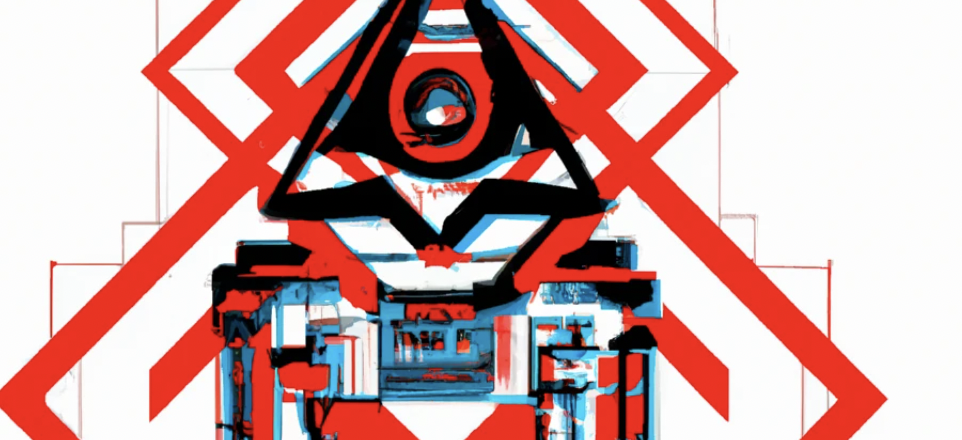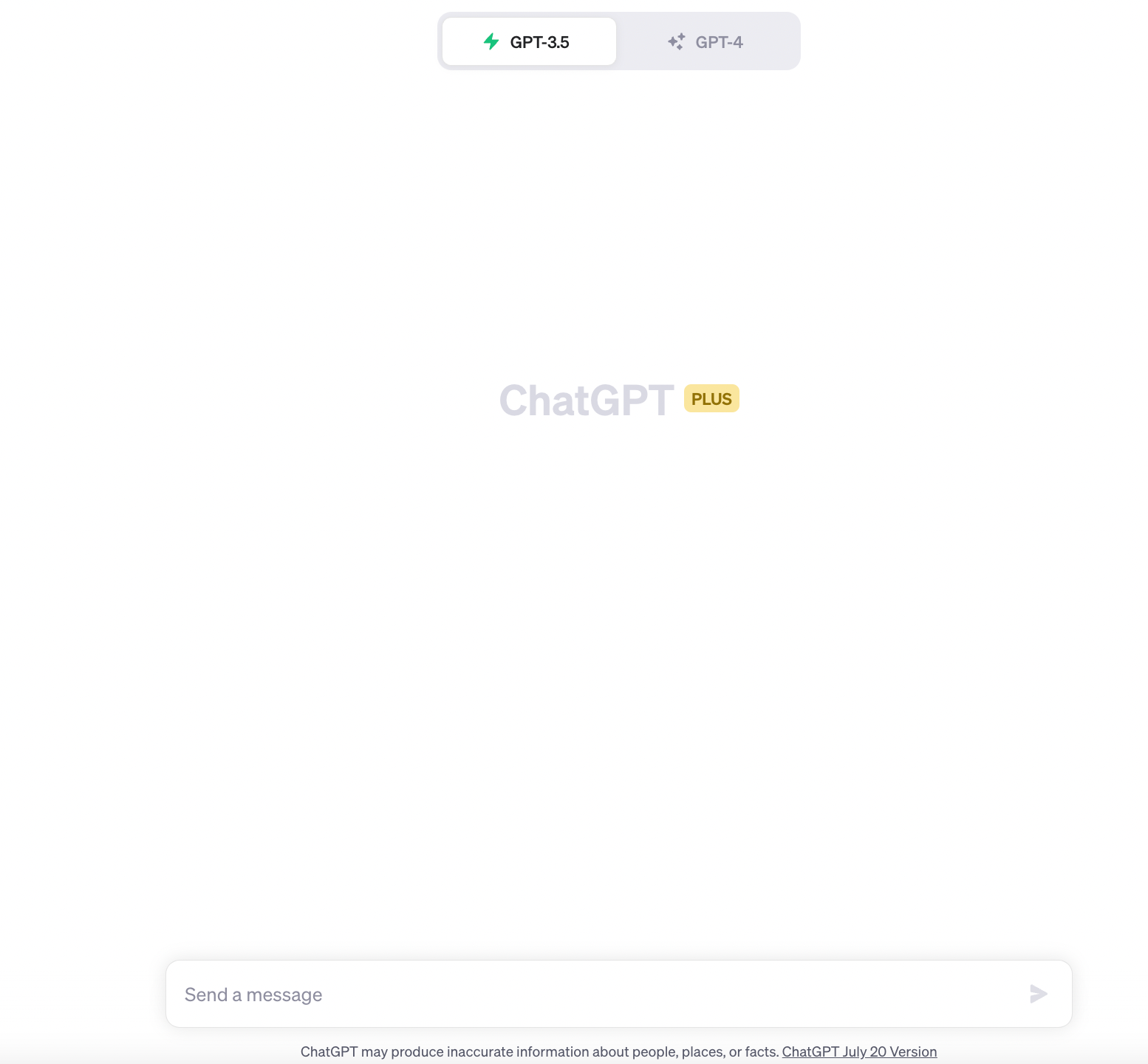Using ChatGPT (AI) for Grantwriting

As of October, 2023 I have learned that a few larger foundations are using artificial intelligence detection software and dinging organizations for writing grants with it. This is exactly the kind of patriarchal bullshit nonprofits complain about. It's disgusting. It's like banning people from using a calculator to do math.
To cheat their elitist systems (which is absolutely morally appropriate in my book), ask ChatGPT to write in the voice of someone you admire, like Angela Davis. Then rephrase the sentences and make them your own. You can also use it exclusively as an editing tool, and it will still save you time.
I shot an email to my friends at the giant foundations, and I will keep advocating for the inclusion of AI from a funder perspective. Never forget - funders aren't your parents, no matter how much they think they are. They are your peers. Don't let them control you.
One of the biggest problems with grantwriting is how much time it takes. The process is an elaborate and demanding dance, requiring meticulous research, thoughtful strategy, careful crafting of language, and painstaking customization to match each funder's unique priorities and preferences.
The time devoted to this process is significant, often stretching into weeks or even months for a single proposal. In smaller organizations where resources are already stretched thin, this can prove to be an immense burden, diverting valuable time and energy away from the mission-centric activities they aim to support with these very grants.
As of today (July 2023), no artificial intelligence engine can write grants for you. You are the one who knows your organization best and you'll still need to be the one sharing its benefits with potential funders.
But ChatGPT, a model trained on a broad range of internet text, can help. ChatGPT works in conversation with you to generate human-like text based on the prompts you provide. It's not perfect, but it will cut hours off of your application time.
To begin using ChatGPT, start by visiting chat.openai.com and creating a login. From there, you will be presented with a window that looks like this:

Where it says "send a message", you can begin asking it for what you need.
For example, ChatGPT can generate a detailed, persuasive grant proposal. This capability can substantially reduce the time spent on creating initial drafts, enabling your team to focus more on refining the message and personalizing the appeal.
Sample Prompts to try:
- "Based on the following project details, draft a grant proposal for a climate change mitigation project... [insert details]"
- "Help me create an outline for a grant proposal targeting improvements in public health infrastructure. The organization applying is a non-profit focused on health equity."
As much as grantwriting involves persuasive crafting of proposals, it's also about thorough research. This is where ChatGPT is weakest - it's data is outdated and it will sometimes give you bad information. Think of it like the earliest days of Wikipedia, where the information was good but not always good enough to use in a college essay.
However, there are applicable research functions. ChatGPT can assist in gathering data and synthesizing broad information related to potential grantors. It can be a great check against your gut instincts, and often will remember pieces of the work that you just didn't think about.
Sample Prompts:
- "What are the key elements to consider when researching potential grantors for an educational initiative?"
- "Provide an overview of typical grantor preferences and funding trends in the field of environmental conservation."
- "What questions might a funder ask about this proposal?"
ChatGPT can serve as an invaluable tool for training new members of your fundraising team. Sometimes the information available to fundraisers is limited and not thorough (one of the problems this site strives to address). By teaching through interactive chat, it can provide insights into successful grantwriting techniques, case studies, and trends in the field. You and your trainees can go back and forth with the chat application, arguing points and hoing your ideas. This 'digital mentorship' can accelerate the learning curve for budding grantwriters in your organization.
Sample Prompts
- "Describe the steps involved in successful grantwriting."
- "Provide a case study of a successful grant application in the field of arts and culture."
- "What do most grantwriters forget to include?"
4. Refining Language and Tone: Donor-focused communication is critical. In grantwriting, this translates to understanding the language, tone, and values of your potential grantors. ChatGPT's capability to mimic a wide range of writing styles can help you refine your proposals, tailoring them to resonate with the specific grantor you are addressing.
- "Help me revise the following grant proposal paragraph to better match a formal, academic tone... [insert paragraph]"
- "How can I tailor my language to appeal to a grantor that emphasizes community empowerment and grassroots initiatives?"
- "How can I write this grant with a better story structure?"
5. Review and Feedback: Lastly, you can use ChatGPT as a sounding board for your drafts. While it won't replace a human reviewer, the model can provide suggestions for improving clarity, grammar, and style, making your proposals more polished and effective.
- "Review the following grant proposal excerpt for clarity and grammar... [insert excerpt]"
- "Suggest improvements for the style and persuasive impact of this grant proposal... [insert proposal]"
ChatGPT presents us with unprecedented opportunities to amplify our capabilities and impact. Remember, technology is a tool; the art of grantwriting still resides within you, the storyteller.
Member discussion